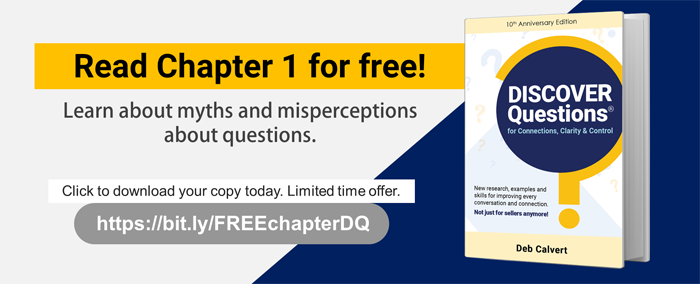From Active Listening to Empathetic Listening
What’s your standard of listening? Passive listening? Active listening? All-in empathetic listening? If you’re giving yourself permission to semi-listen while focusing elsewhere, the cost may be much higher than you realize.
This is, of course, situational. If you passively listen to background music while folding laundry, there’s no impact. However, if you passively listen to a colleague who’s sharing key project details while replying to emails, the consequences could be considerable.
Passive listening is hearing without paying full attention. You might catch key words and aren’t fully processing what’s being said.
Active listening is a higher standard. When you tune in to fully understand what’s being said, you’re listening actively.
Empathetic listening is the highest standard. It involves making an emotional connection by understanding and reflecting feelings.
Empathetic listening isn’t suitable for every conversation. There are times in any relationship, though, that demand this highest standard. Developing the skill will ensure you’re equipped when this level of listening is needed.
Improved Listening in the Workplace
Research makes a compelling case for more empathetic listening in the workplace. Here are just a few of the ways it helps:
-
Psychological safety at work is strongly correlated to an employees’ perceptions about how well supervisors empathetically listen.
-
Supervisors with strong active and empathetic listening skills have employees who are significantly more engaged at work.
-
Buyers respond favorably to sellers who actively and empathetically listen. Research with B2B buyers found that listening behaviors are extremely important in the buyer/seller relationship.
-
Analysis of 289 stressful calls made by customers to a financial services call center revealed that empathetic listening is an important competency for customer service agents. Unfortunately, service efficiency often inhibits empathetic listening as transactions are hastened. When empathetic listening is prioritized and genuinely exhibited, outcomes are faster and more satisfying for customers.
-
The Center for Creative Leadership recommends empathetic listening and perspective-taking (putting yourself in others’ shoes) for managers and frontline contributors alike. Performance evaluations are higher for those who are considered good empathetic listeners.
The price of poor listening is estimated to cost Fortune 500 businesses $37 billion annually. Lost sales opportunities, missed deadlines, rework, turnover and more can often be linked to inadequate listening.
No matter what your role is, there will be times when your empathetic listening can help the team or organization do better.
This is a snippet from the new book, DISCOVER Questions® for Connections, Clarity & Control, available on Amazon.

